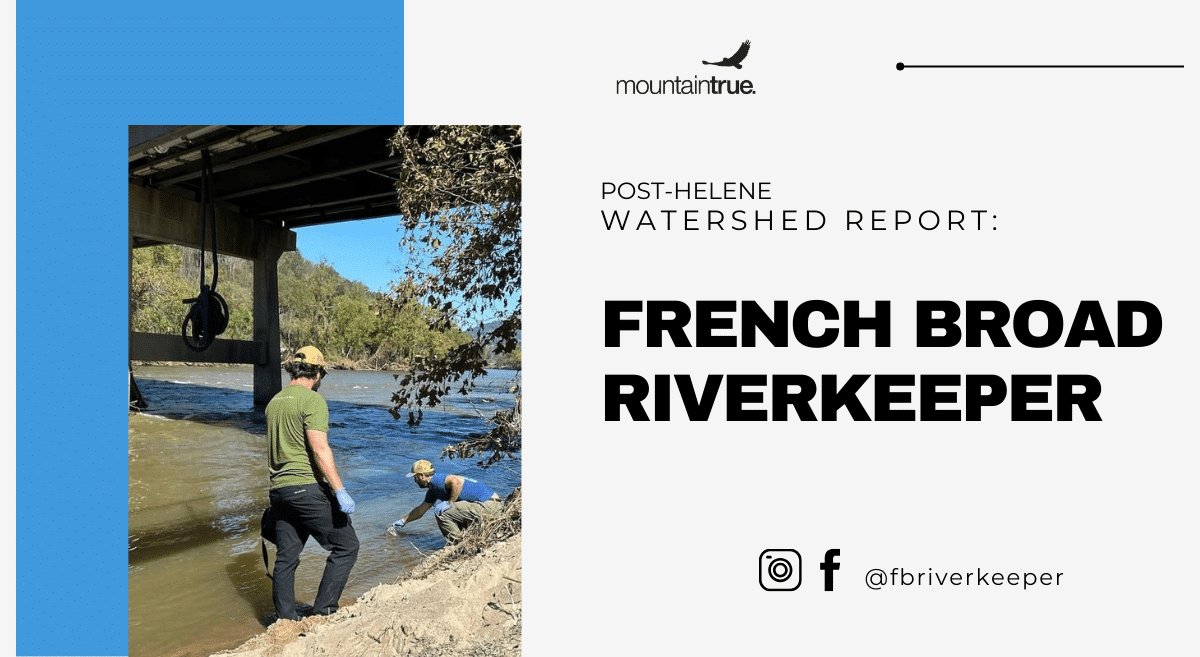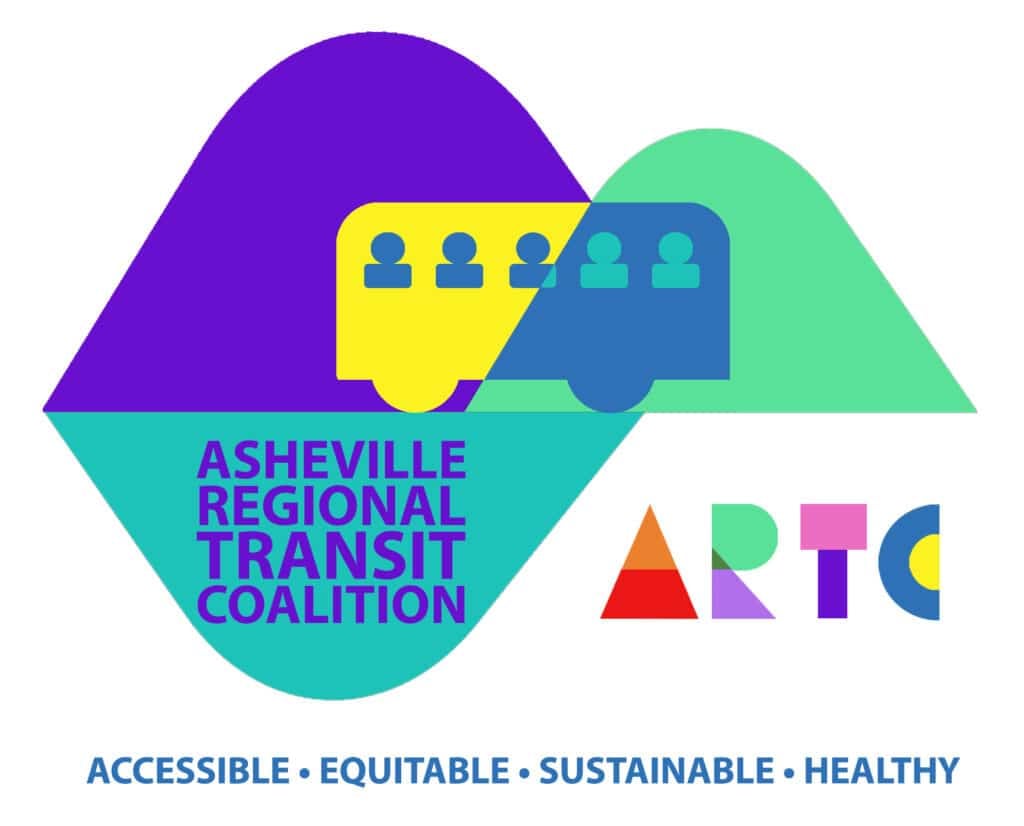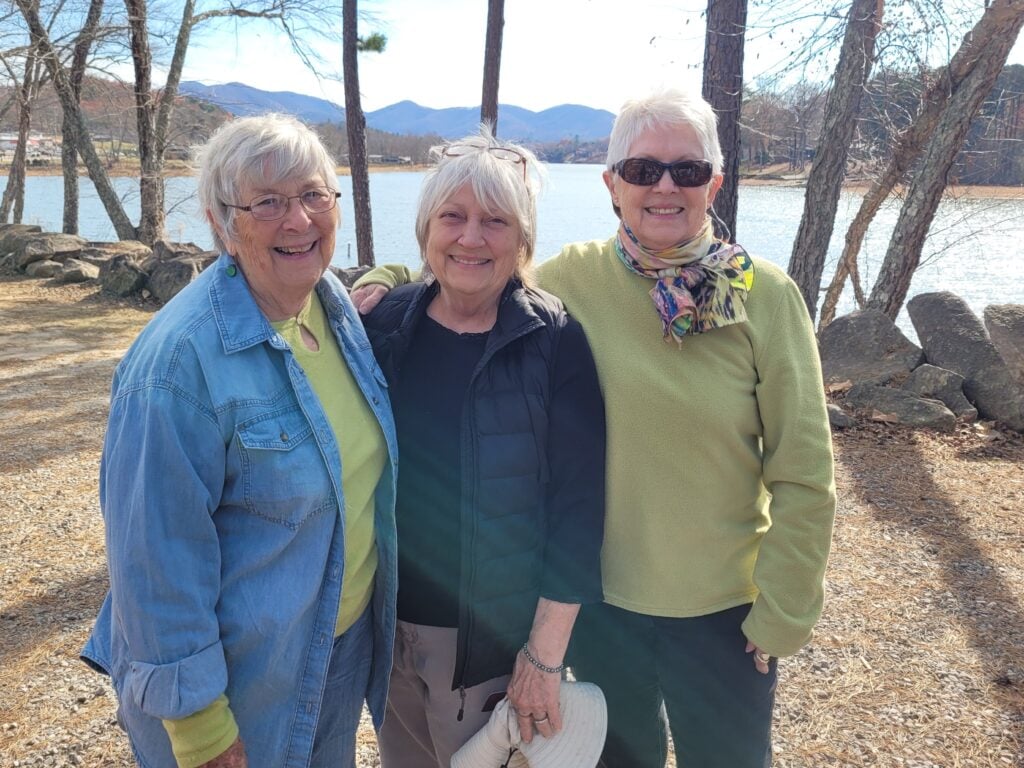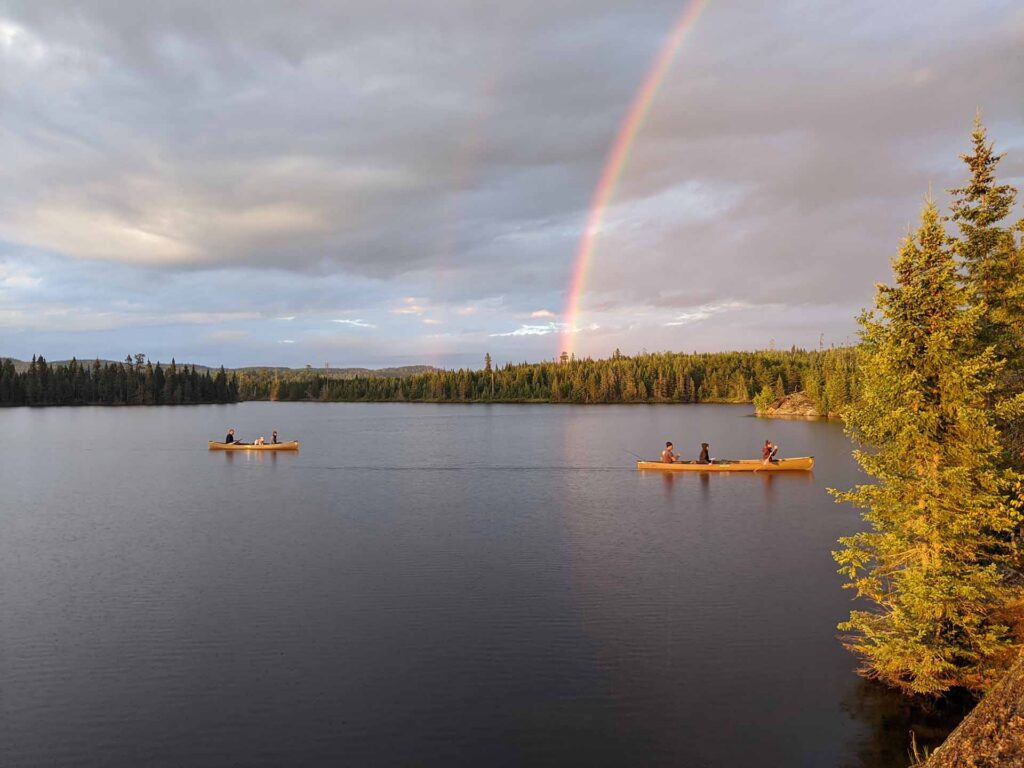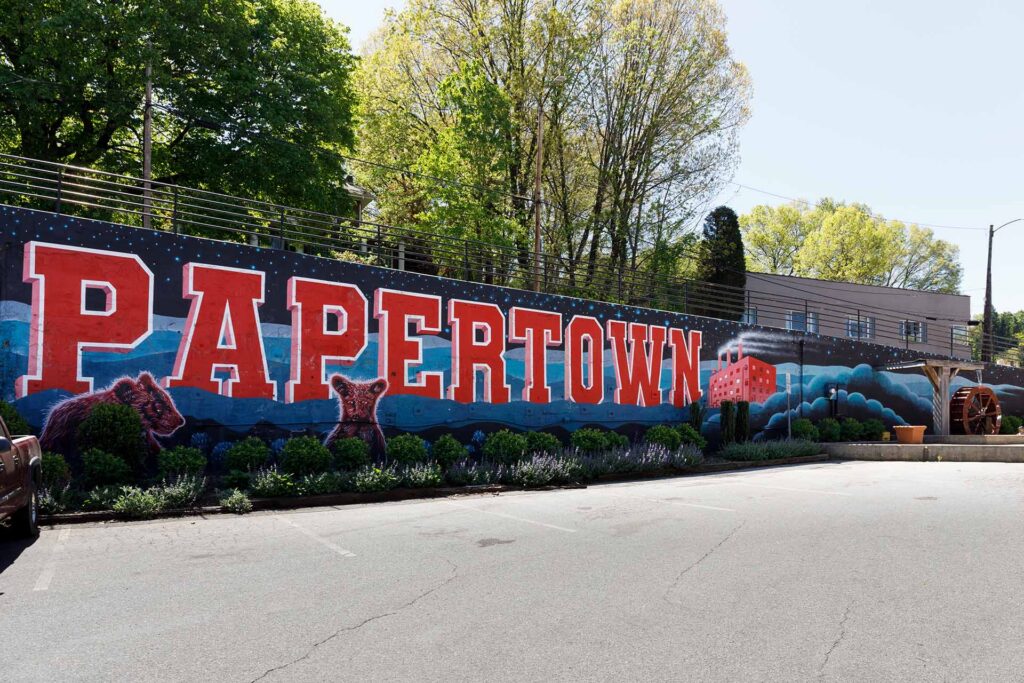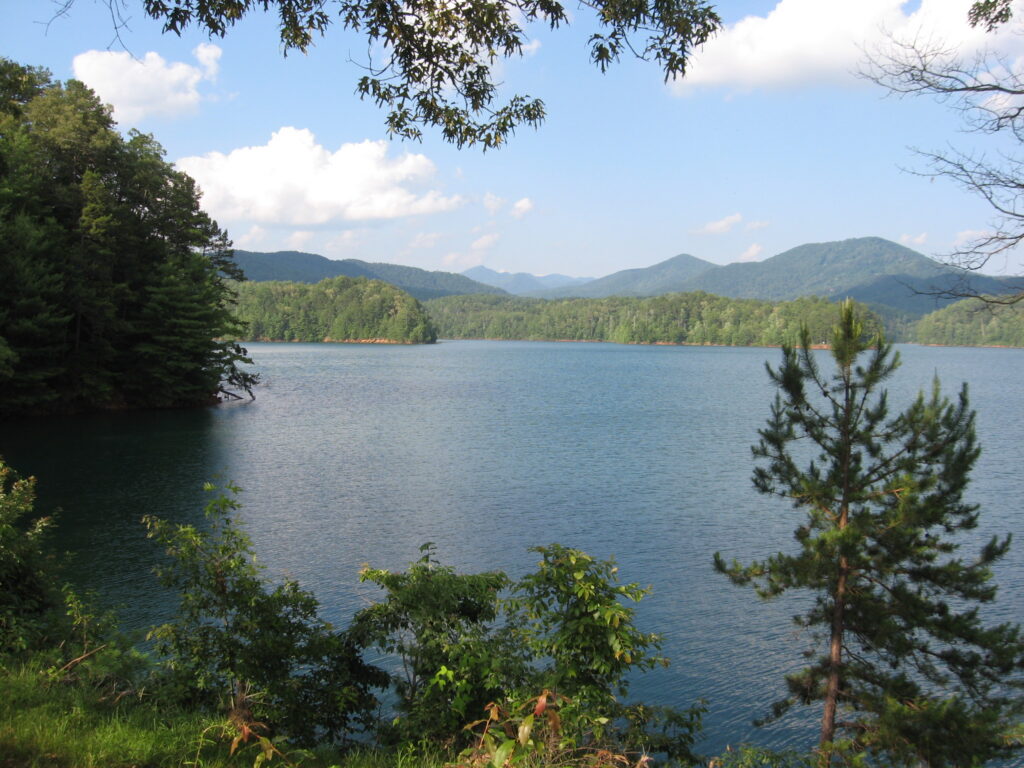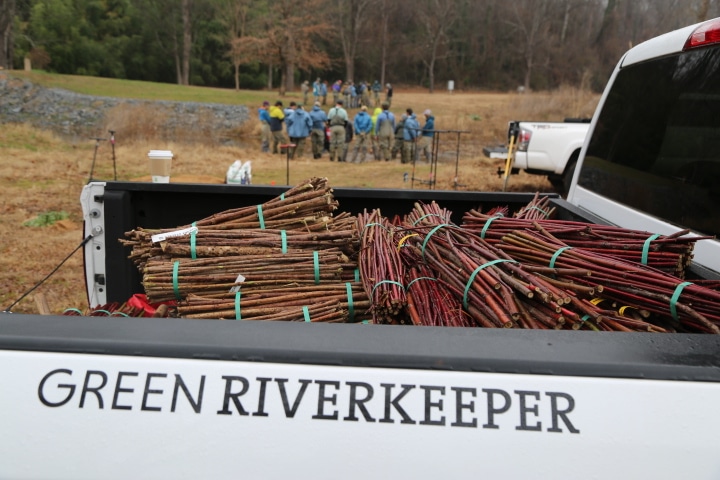I’m standing overlooking the bank of the Swannanoa River as I watch pieces of a house smack the side of the bridge, witness oil in the floodwaters pooling around a nearby hotel, and businesses and homes sinking underwater. I’m heartbroken as I watch people’s hopes and dreams float down the river and witness the destruction of the river I’ve spent the last 20 years trying to protect. My first thought is, I quit. I can’t imagine the scope and hard work it will take to bring back the river. But I am also incredibly stubborn and a few moments later, I reverse course and tell my son, “I’m not going out like this.” If it will take an army of volunteers and staff to clean up and bring our river back to life, then that’s what we’ll give it.
Since that evening, there have been a lot of late nights and early mornings. A lot of questionable food choices and dirty showerless days. We spent the early days running around the watershed and checking on the damage to the river and making sure friends and family were safe. Next, we realized there was an urgent need to provide hot meals to folks who didn’t have electricity, water, or a way to buy supplies, so we perfected the art of grilling hot dogs and hamburgers for hundreds of people from all corners of the watershed. Now, we are moving into the phase where we need to understand the impact on the river and start to dig out.
At first glance, the Asheville River District seemed beyond repair. There was so much trash and debris that I couldn’t fathom the scenario where it would ever be the same. Despite that, we organized a cleanup with around 150 people and removed about 650 bags of trash. After those few hours of cleaning, there was a remarkable improvement and it certainly provided me with hope that with the community behind us, we could do this.
Our team is also busy lobbying for a massive investment in the cleanup of our river. We are pushing the state for a $7 million river cleanup fund, so we can hire 200 out-of-work river guides to clean up our waterways. In this critical window of time, if we can invest the time and resources needed to clean up our waterways, by the start of the paddling season in the late spring, we can save many river businesses and be a moral boost to our community, a statement to the flood that knocked us down, that we are getting back up.
We have already taken numerous water samples, and despite the impact of the storm and the damage to our wastewater treatment systems, the water quality doesn’t look nearly as bad as I feared.
Despite the devastation I have never been more encouraged at how our community has come together. Seeing people from all walks of life, all income levels, all different backgrounds, and a variety of political persuasions come together to feed people, provide supplies to people, organize rescues, do wellness checks, and provide mental health resources, has made me realize that despite what we are told, we are all good people, and when we need each other, we are there for each other. If we can ignore the things that drive us apart and focus on what we have in common, which is our love for our mountains, rivers, and our communities, we’re all gonna be just fine.
Look for updates on our social media pages: French Broad Riverkeeper Instagram + Facebook.
-French Broad Riverkeeper Hartwell Carson
